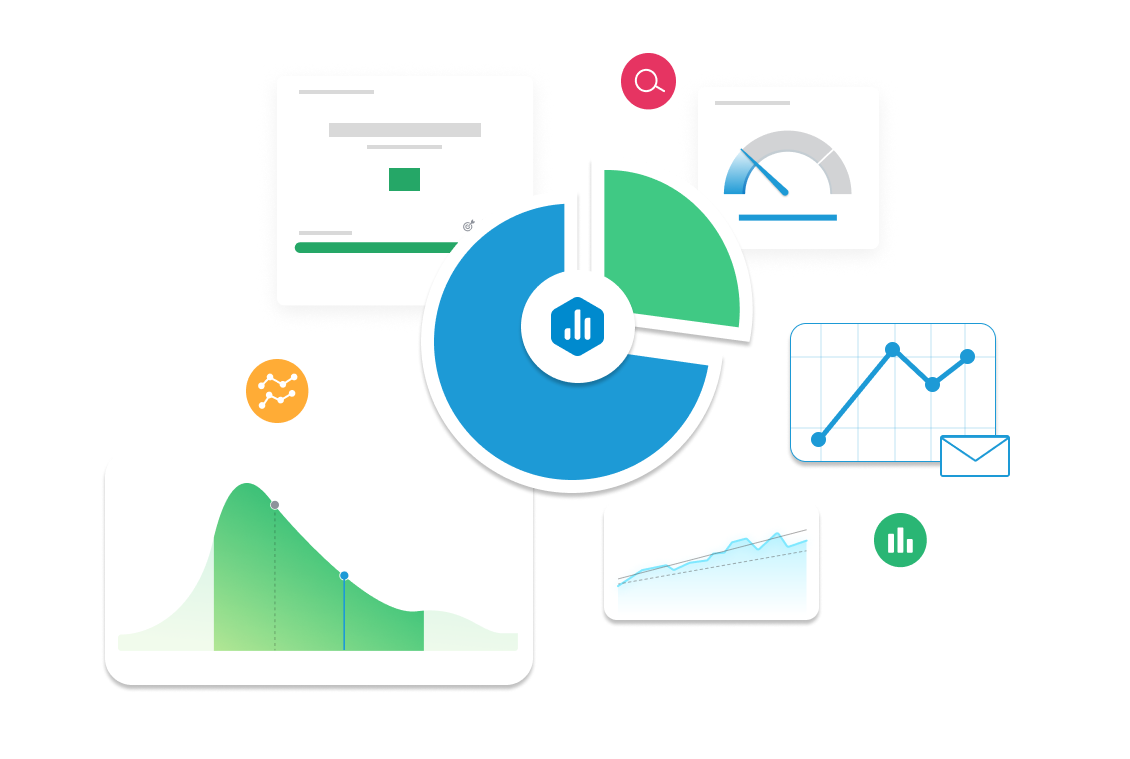Average Profit Margin
Discover how Average Profit Margin helps businesses measure the percentage of revenue retained as profit after costs. Learn how to calculate, analyze, and optimize this KPI to improve financial performance and business sustainability.

| Category |
Marketing, Ecommerce |
|---|---|
| Type |
Lagging Indicator |
| Calculation |
Average Profit Margin (%)=( Revenue−Cost of Goods Sold (COGS) / Revenue ) × 100 |
| Measure |
Tracks the percentage of each dollar of revenue that becomes profit after subtracting costs, providing insight into pricing, cost control, and efficiency. |
| Data Sources: |
QuickBooks, Xero, NetSuite, Stripe, Shopify, WooCommerce, Excel/Google Sheets, ProfitWell. |
| Frequency |
Tracked monthly or quarterly to assess profitability trends and make strategic financial decisions. |
Example target
Increase average profit margin by 5% in Q3 by reducing COGS through supplier negotiations and optimizing pricing strategies.
Example Reports Use Case
A CFO or Finance Manager tracks Average Profit Margin to evaluate business profitability. If margins shrink, they may review cost structures, revise pricing, or eliminate low-margin products.



